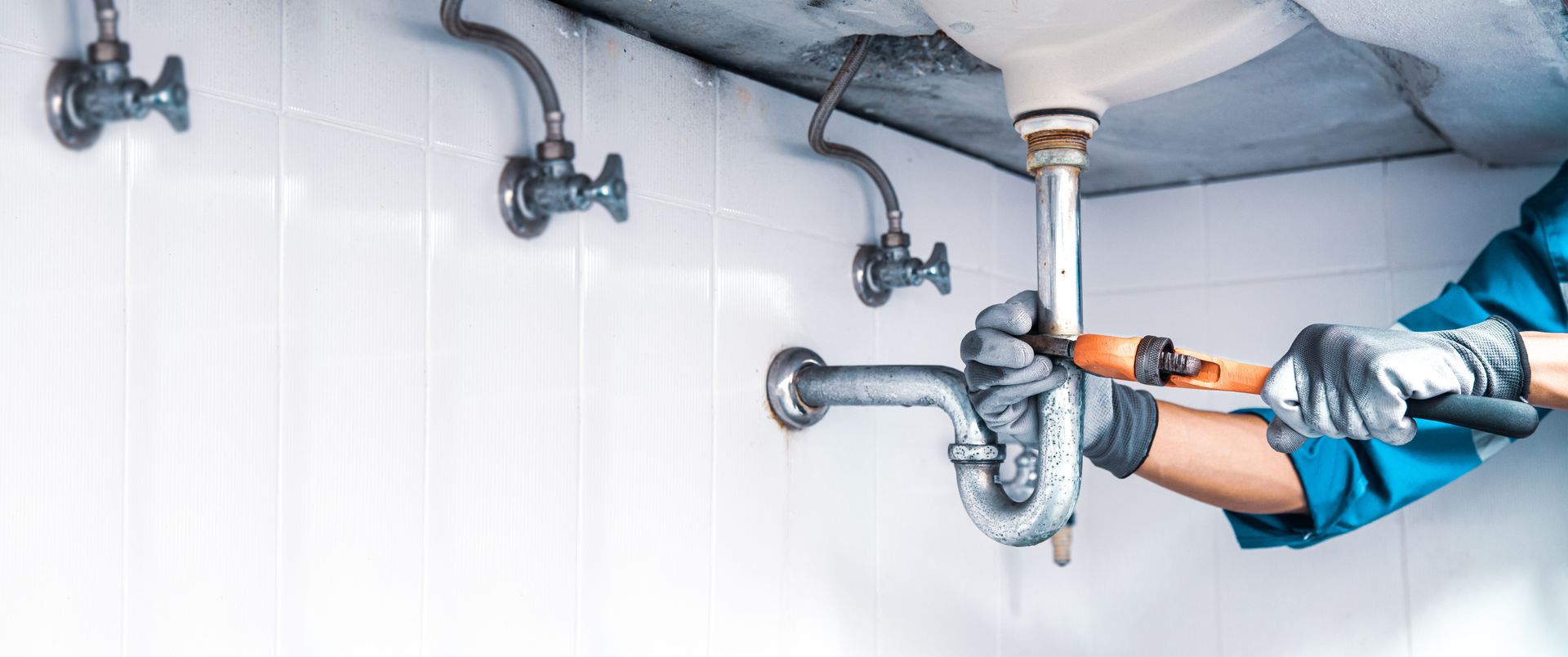Contact Us
Send Message
Ipad Contact Form
We will get back to you as soon as possible
Please try again later

Commercial Storm Draining Cleaning Tips to Remember
Clogged drains could equate to costly repairs. It is, therefore, crucial to ensure that you do what you can to keep clogs from occurring.
It's important to keep commercial storm drains clear to prevent clogs and expensive damage down the line. After all, your storm drains are integral in moving stormwater and runoff from your outdoor area and leading it to the rivers, streams, or the ocean. Here's what you need to learn about storm drain cleaning:
Know How Catch Basins Work
A catch basin is a drainage structure used to collect stormwater runoff. The water is then discharged to an outlet, such as a pipe or a ditch. Catch basins are typically located at low points in a drainage system, such as at the end of a driveway or along a street.
The catch basin serves two primary purposes: to collect runoff and to prevent flooding. By collecting runoff, the catch basin helps to reduce the amount of water that flows over the ground, which can prevent erosion and flooding. The catch basin also helps to improve water quality by trapping sediment and other pollutants that may be present in the runoff.
Catch basins typically have a grate or screen on the top to keep debris from entering the basin. The basin itself is usually made of concrete, although other materials, such as plastic, can also be used. The basin must be large enough to accommodate the volume of water that is expected to run into it during a storm.
How to Clean Storm Drains
Storm drains are an essential part of our municipal infrastructure, but they are often overlooked when it comes to maintenance and cleaning. Storm drains can become clogged with debris, leaves, and other organic matter, which can cause flooding and other problems.
It is crucial to clean storm drains regularly to prevent these problems. Here are some simple tips on how to clean storm drains:
1. Locate the storm drain. This may seem obvious, but knowing where the storm drain is located is important before you start cleaning it.
2. Remove any debris that is blocking the storm drain. This may include leaves, twigs, and other organic matter.
3. Flush the storm drain with water. This will help to remove any remaining debris and also help to clear any clogs that may be present.
4. Inspect the storm drain regularly. You must inspect the storm drain periodically to ensure it is clear and functioning properly and to catch any issue early on.
Storm drains play an important role in our communities, and keeping them clean and functioning properly is imperative. By following these tips, you can help ensure your community stays safe and dry.
How Often Should You Clean a Storm Drain?
The frequency with which you need to clean your storm drains depends on several factors, including the location of the drains, the amount of rainfall in your area, and the type of debris that tends to collect in them.
In general, it's a good idea to clean out your storm drains at least once a year. If you live in an area with a lot of rainfall, you may need to do it more often. And if the drains tend to collect a lot of leaves, twigs, and other organic debris, you may also need to clean them out more often.
If you have a lot of debris in your storm drains, you can use a power washer to clean them out. Just be careful not to damage the drains with high-pressure water.
If you have a lot of debris in your storm drains, you should hire a professional to clean them out for you.
Conclusion
Keeping your storm drains clean is vital to avoid clogs and costly repairs. Storm drains can become clogged with debris, such as leaves, dirt, and garbage, which can cause flooding and water damage. Regular drain cleaning and maintenance will help keep them clear and functioning properly.
Hurley Plumbing offers various services, including
storm drain cleaning in Hampden County, MA. Schedule your drain cleaning services with us today!
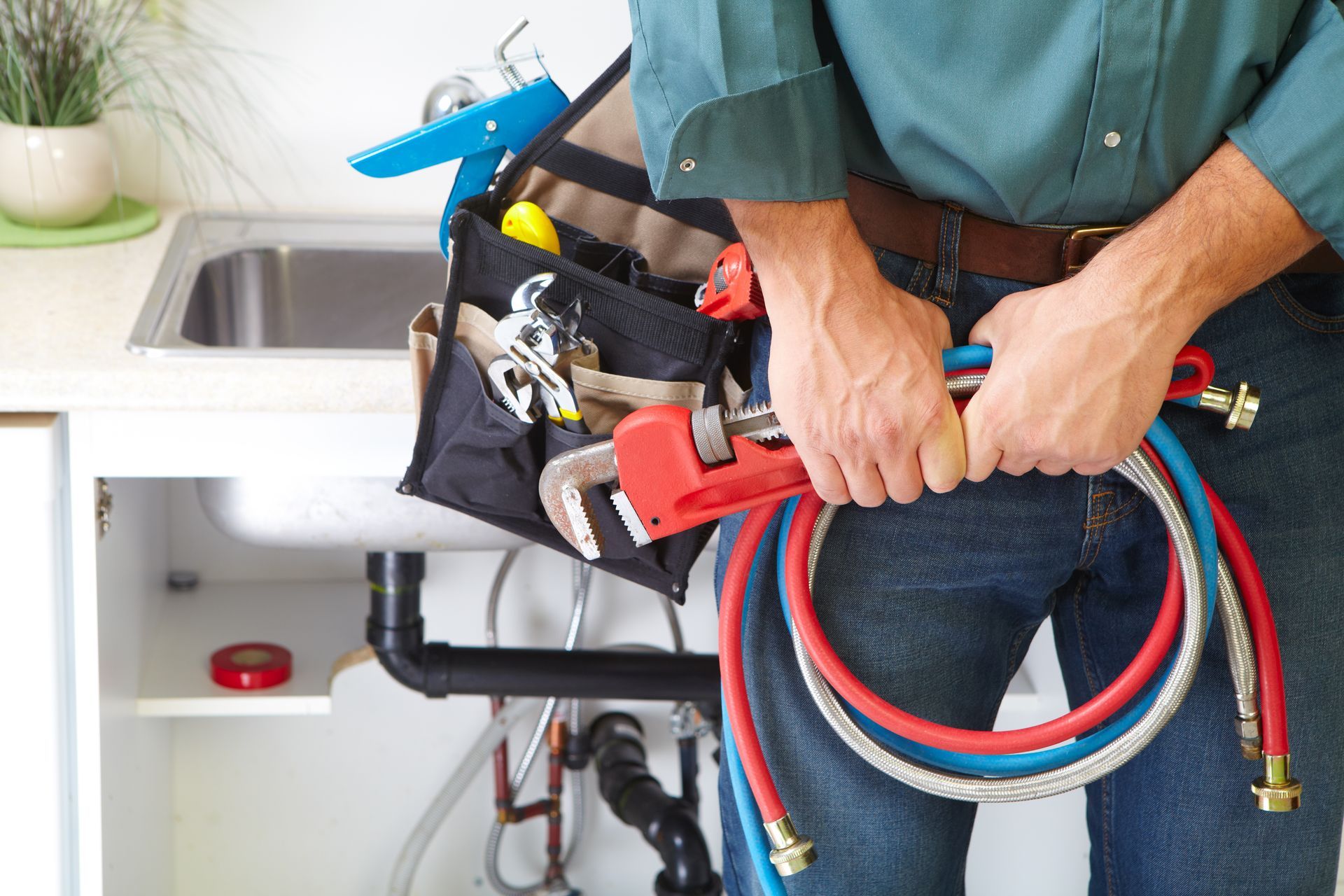
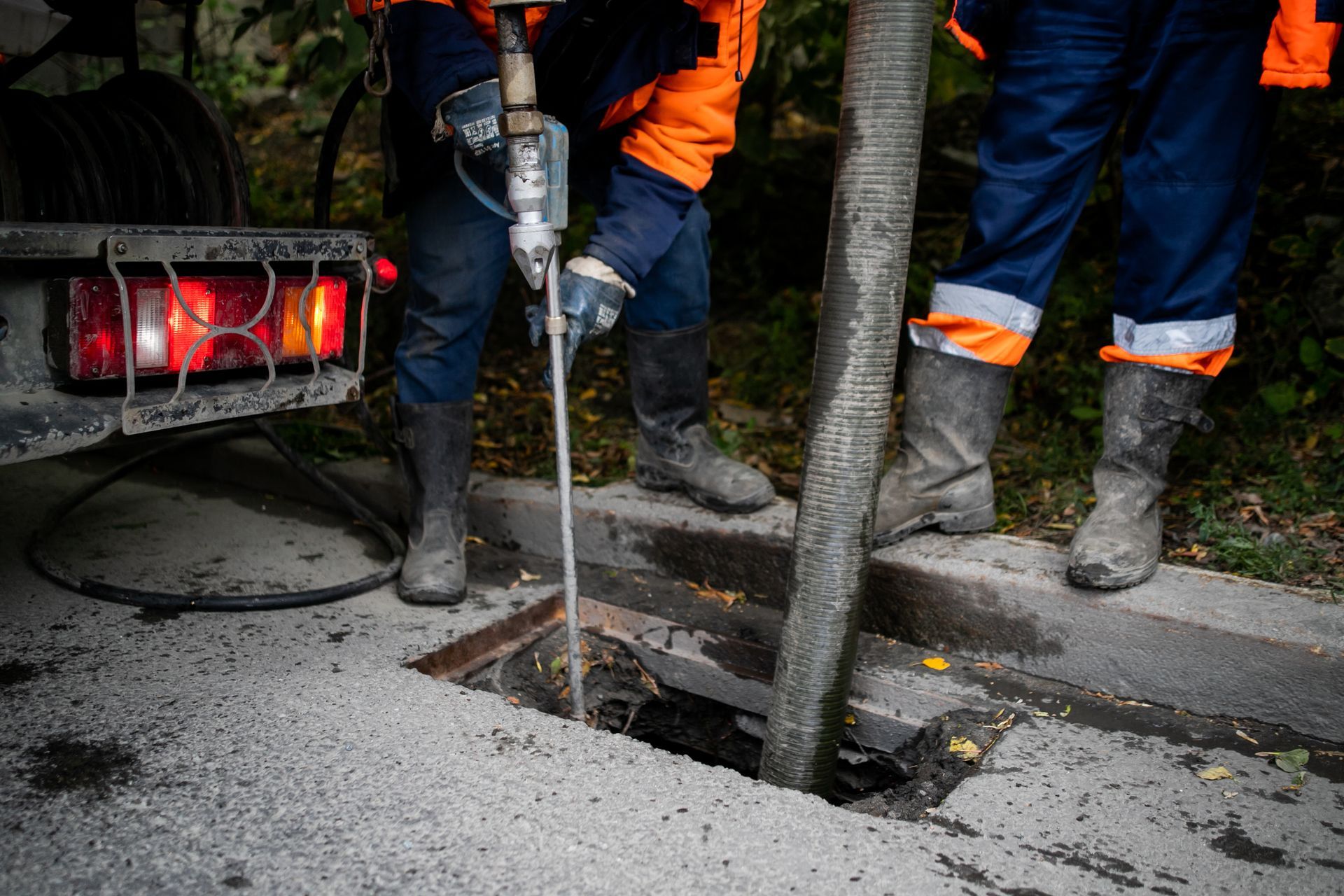
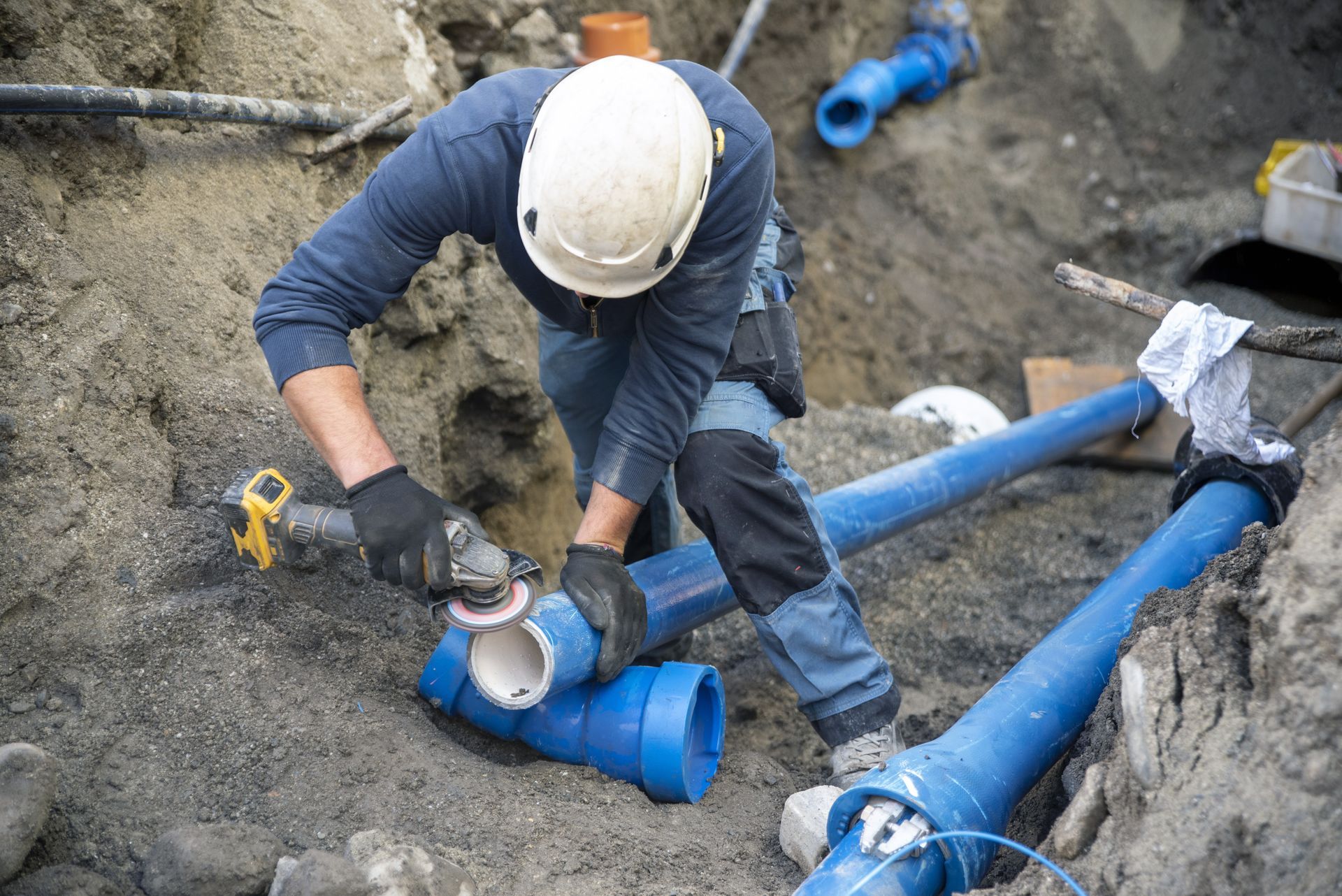

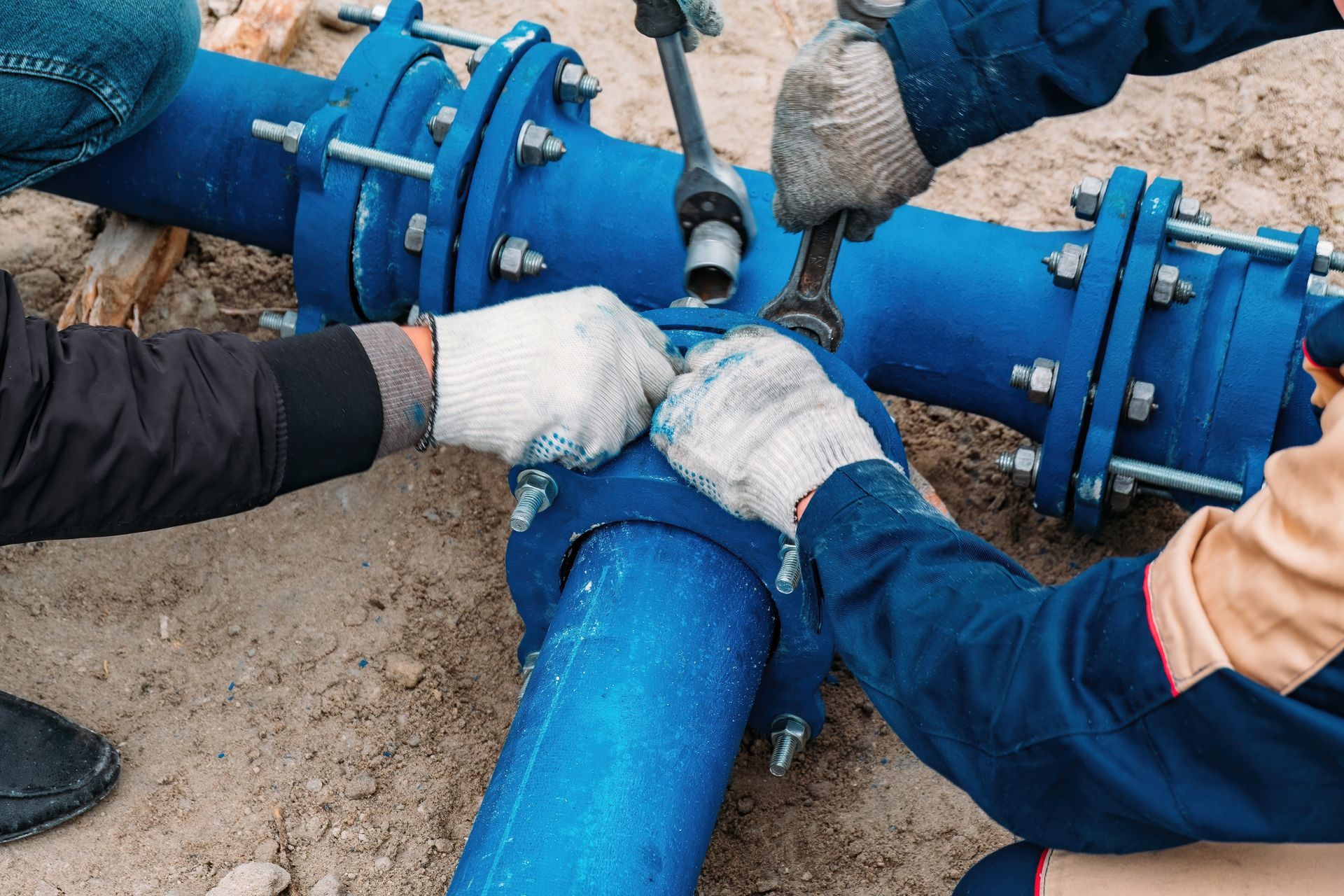
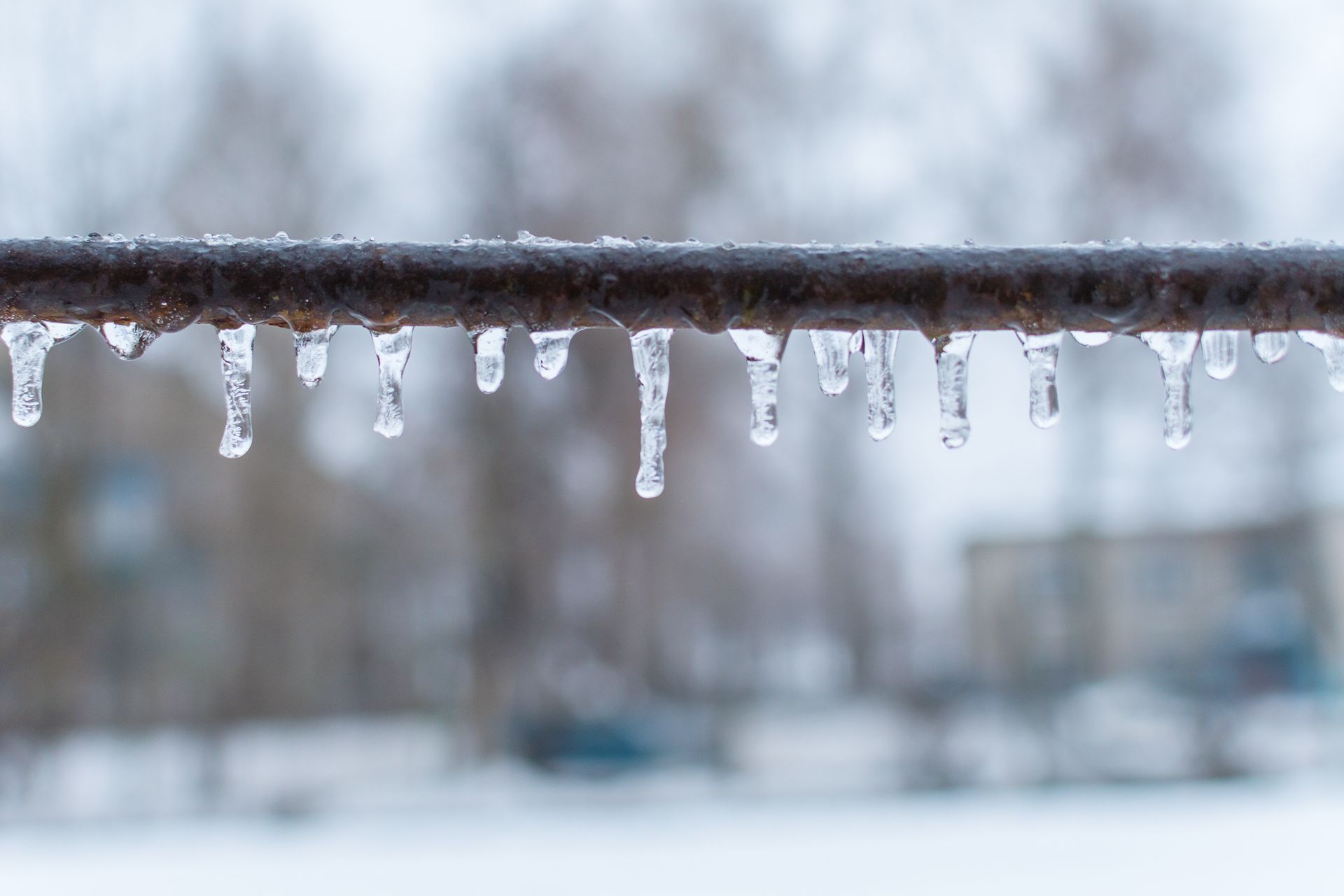
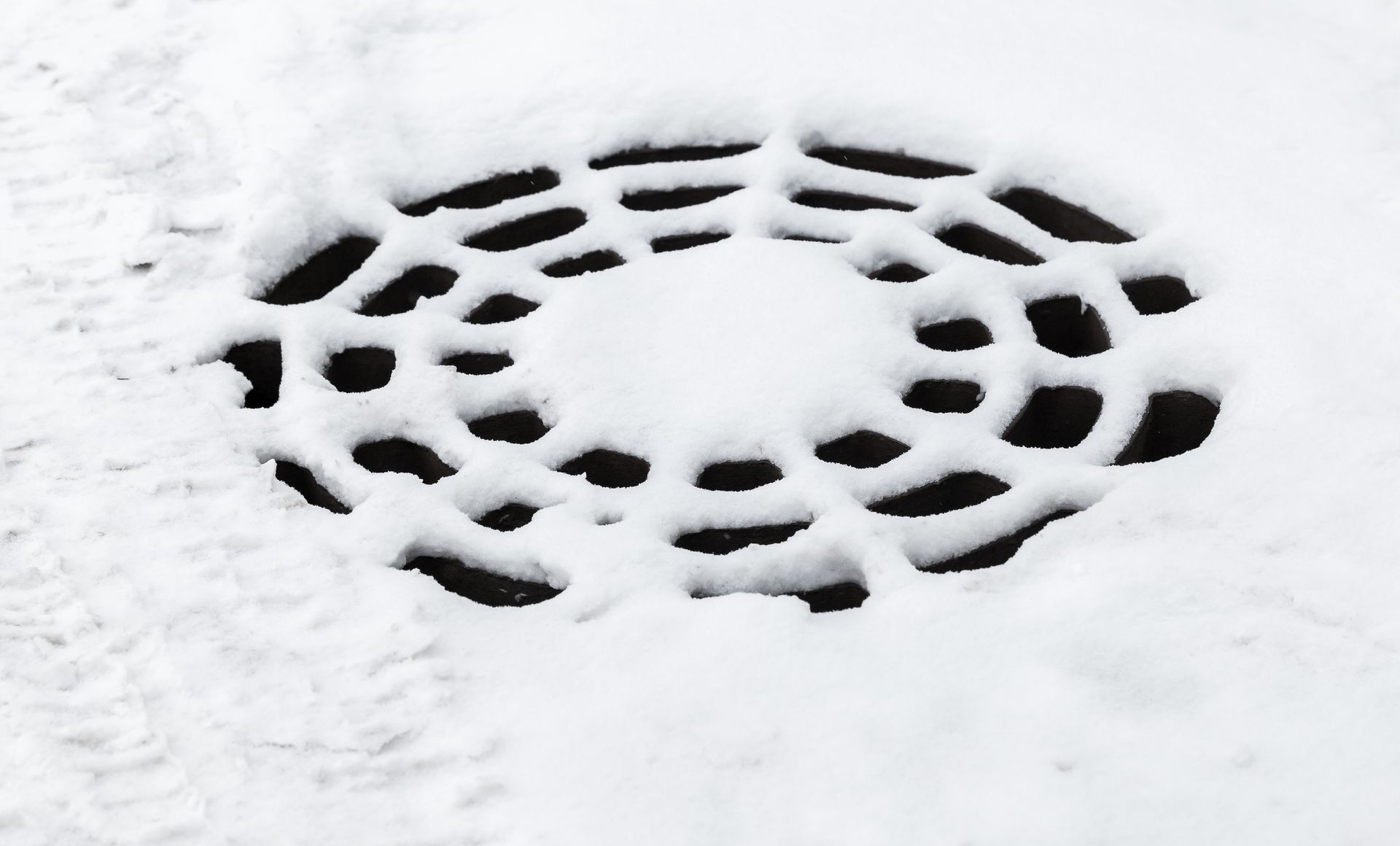
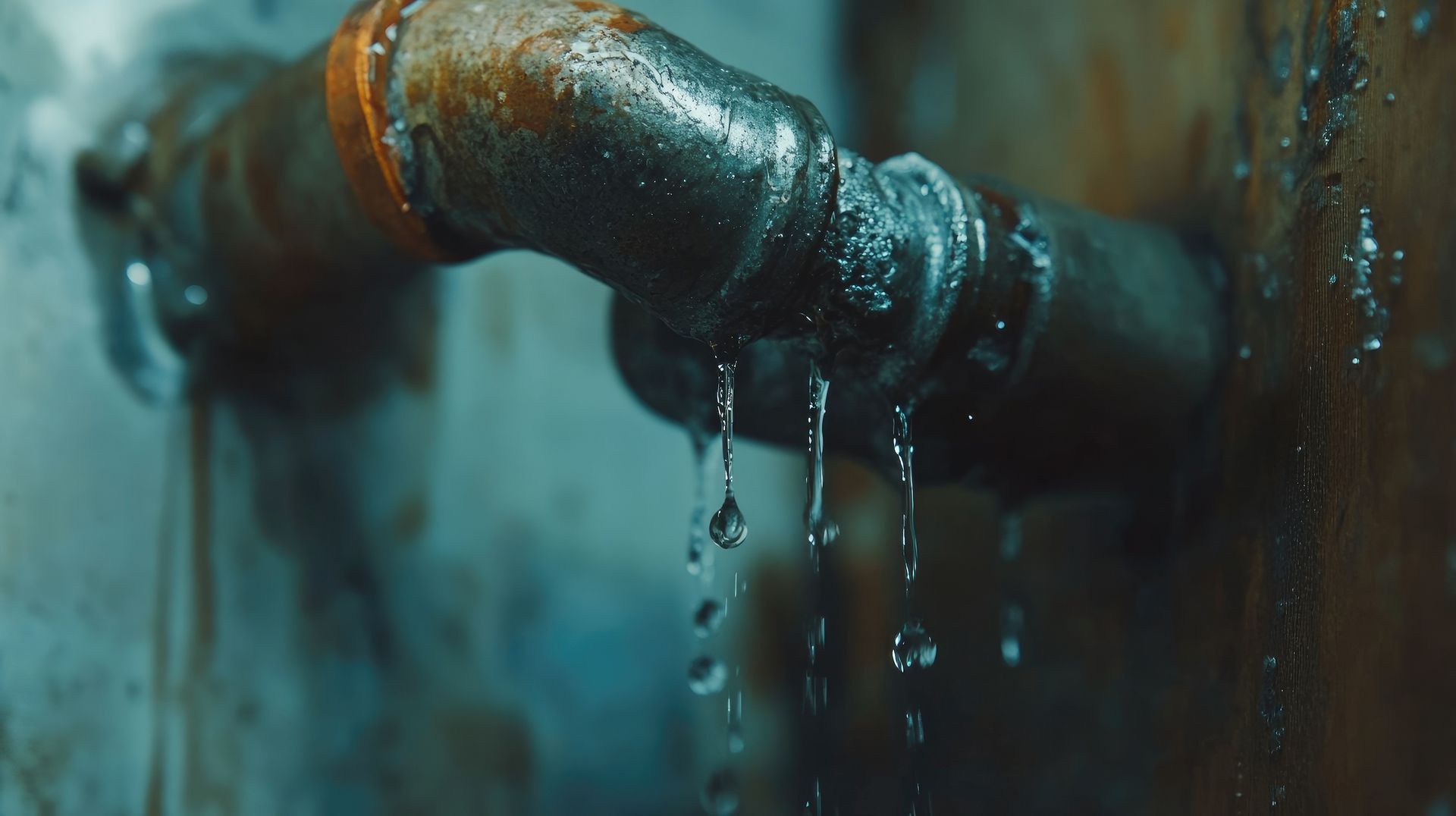
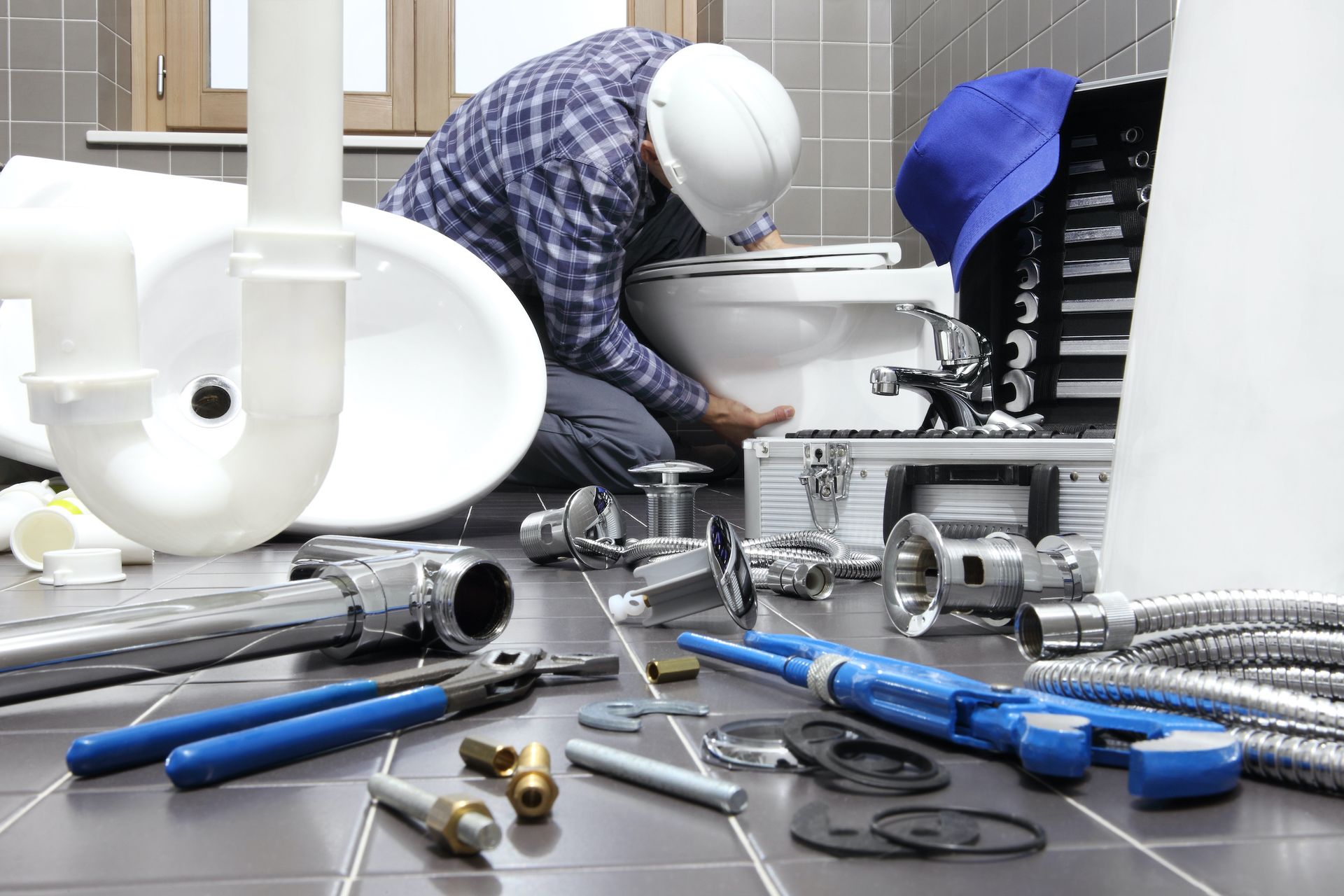
For over three decades, Hurley Plumbing has been providing high-quality commercial plumbing services in the Western Massachusetts area. . We are licensed, bonded, and insured, and we offer a 100% satisfaction guarantee on all of our work. We specialize in commercial plumbing, and we have the skills and experience to handle any job, big or small.
QUICK LINKS
RESOURCES
CONTACT


